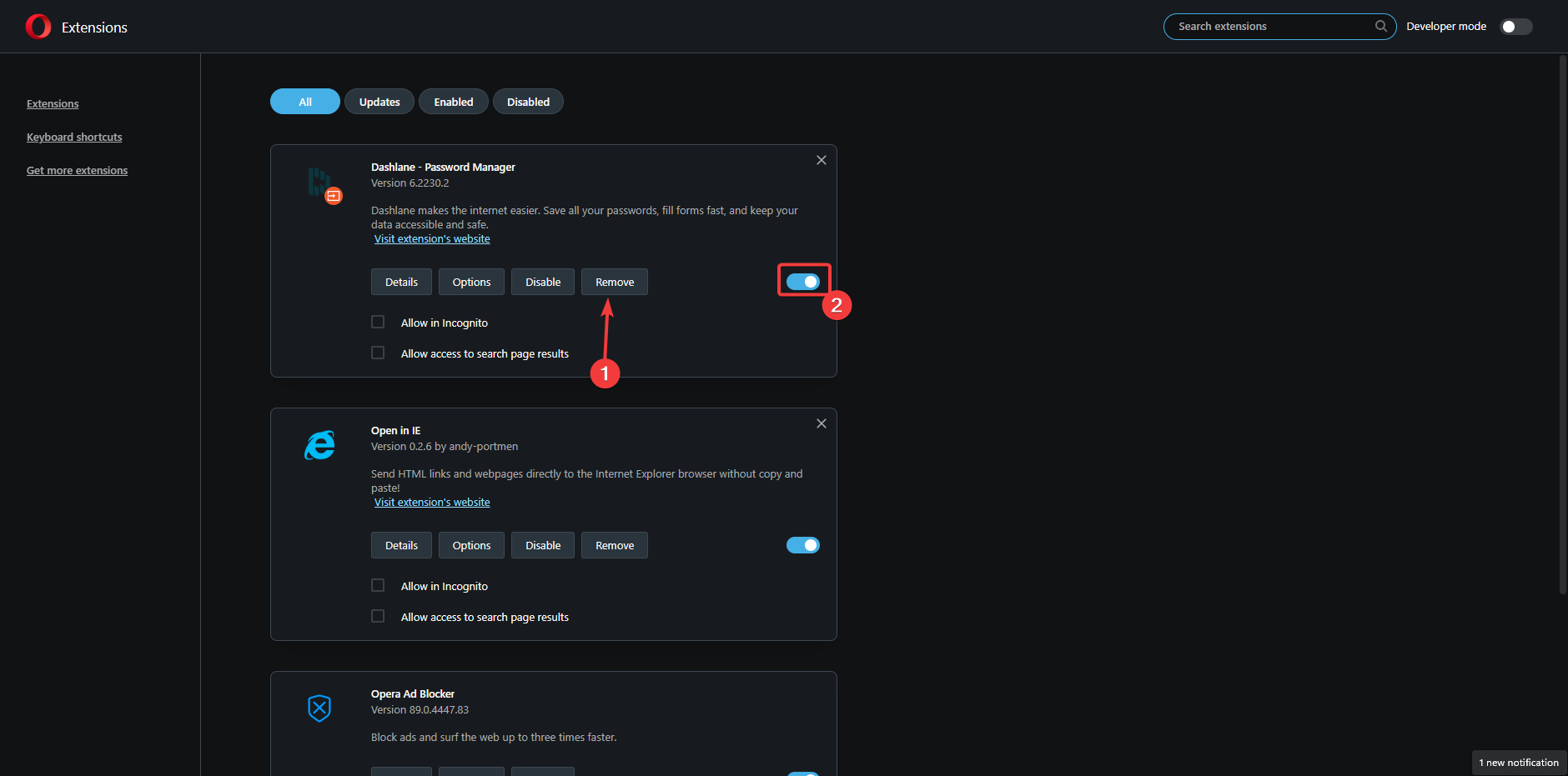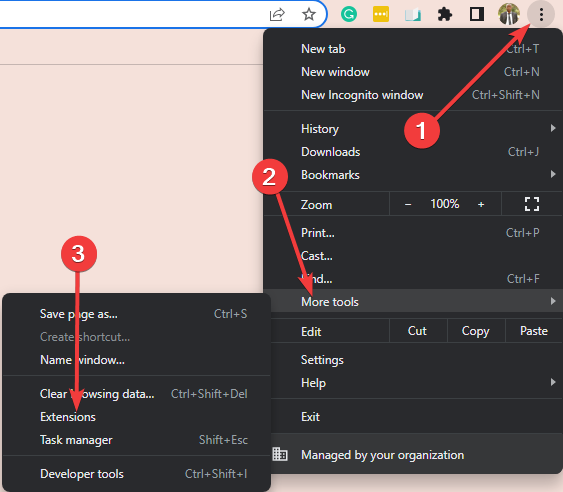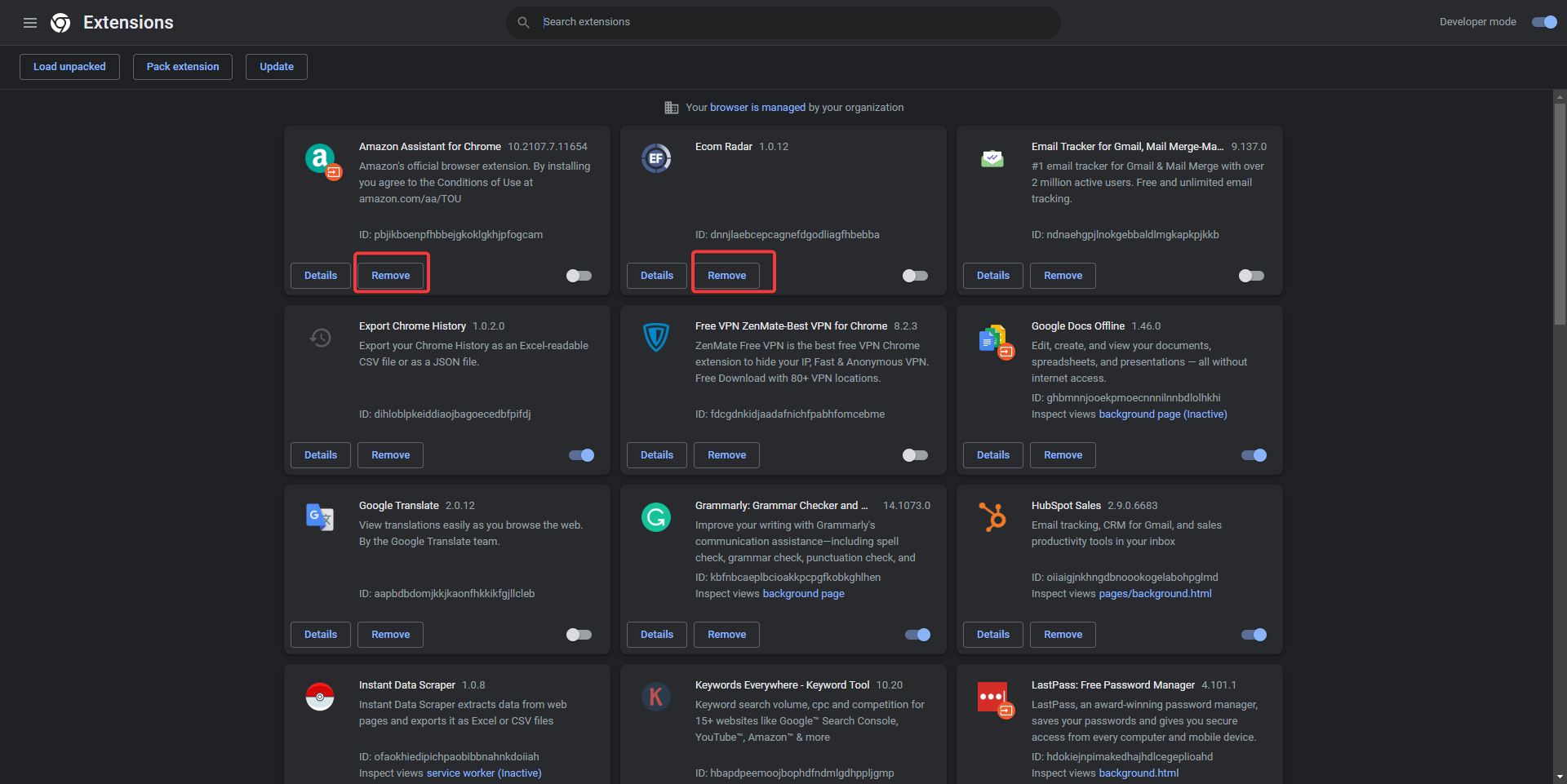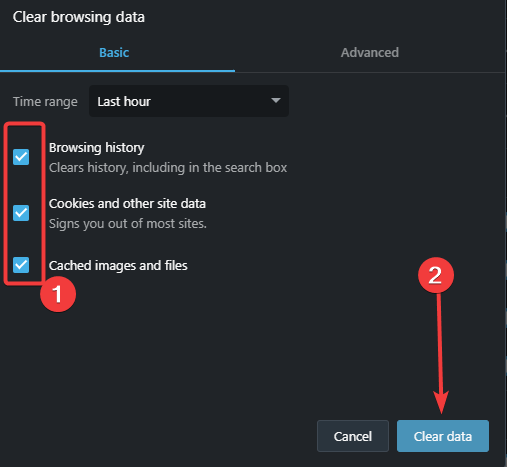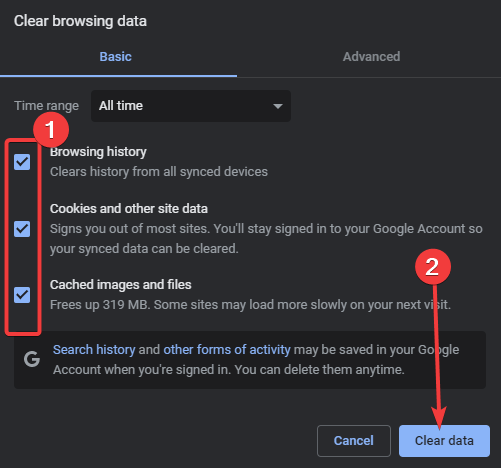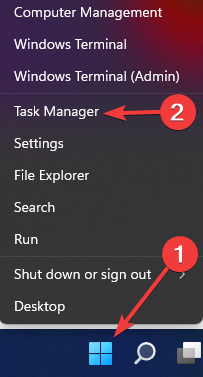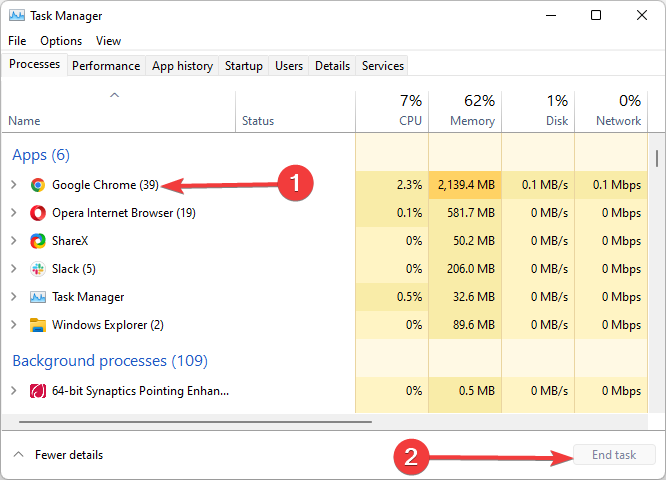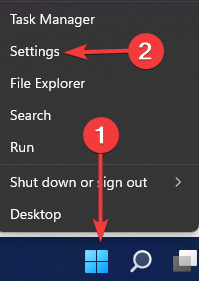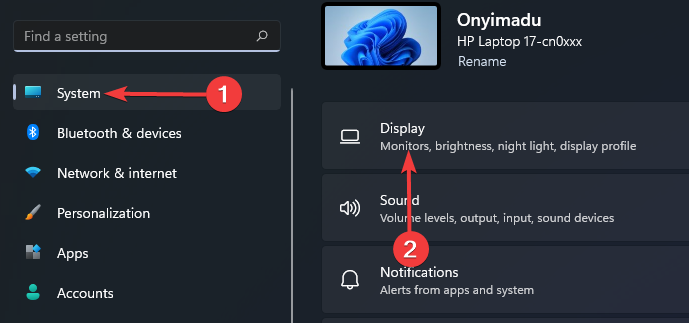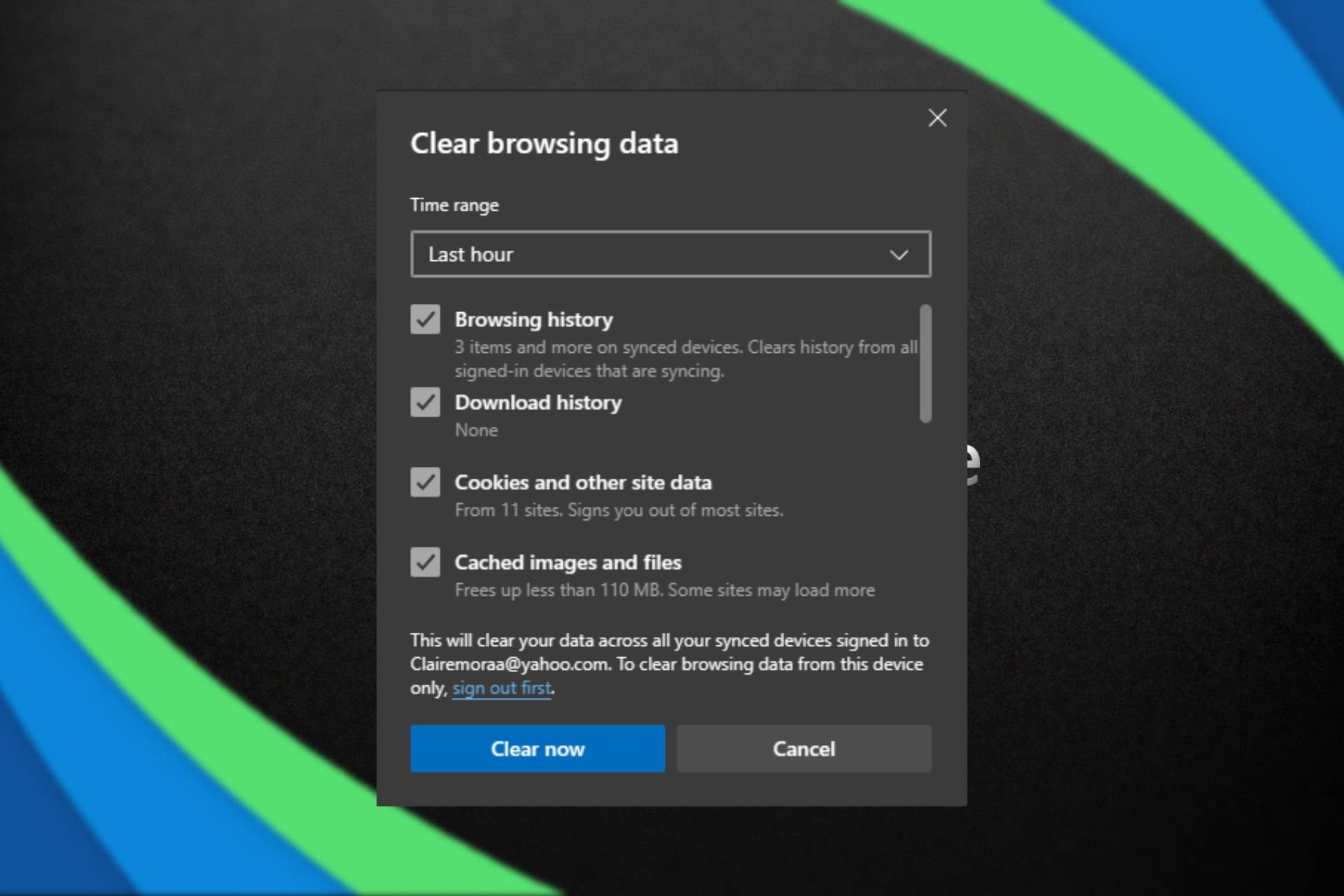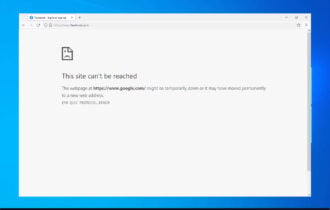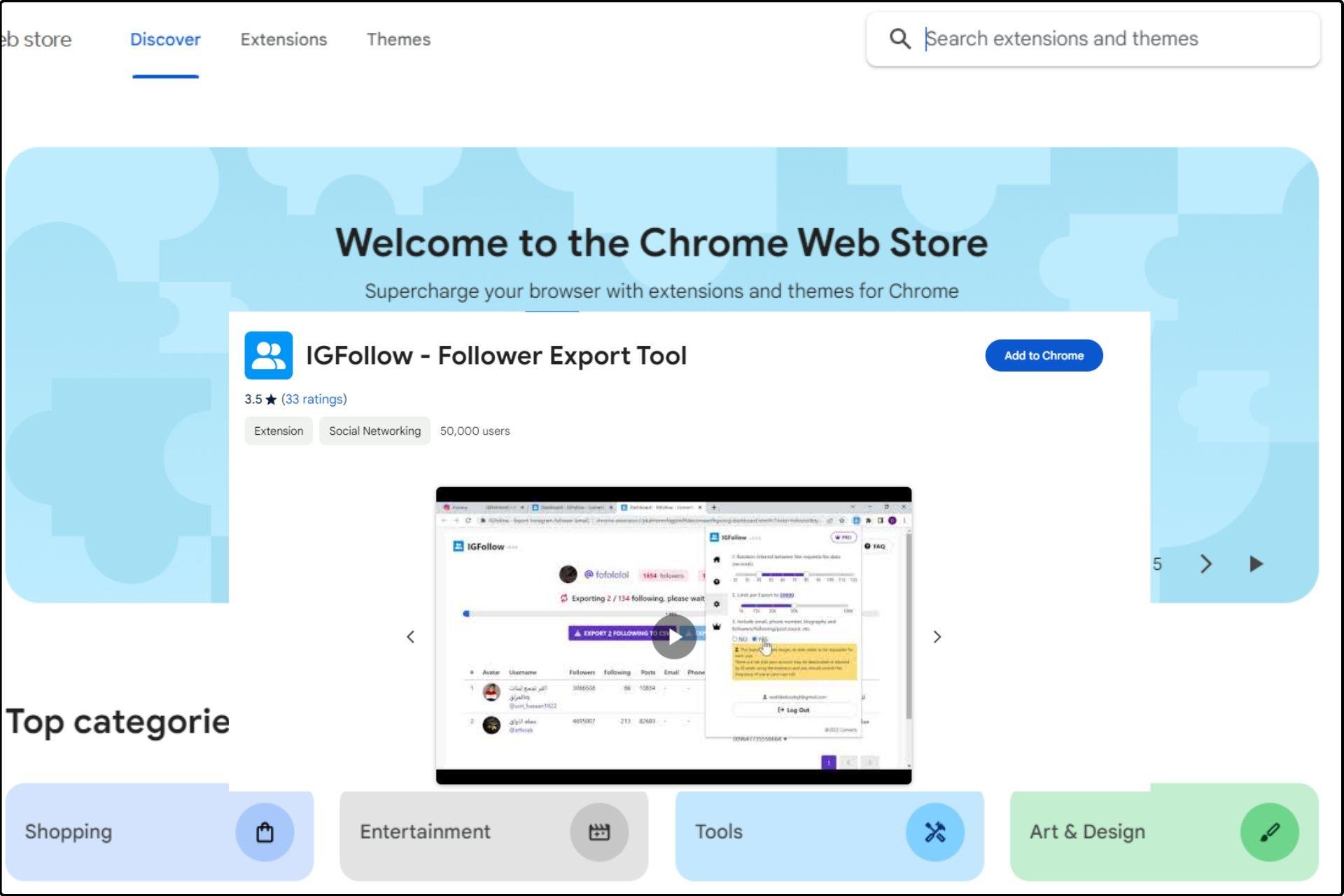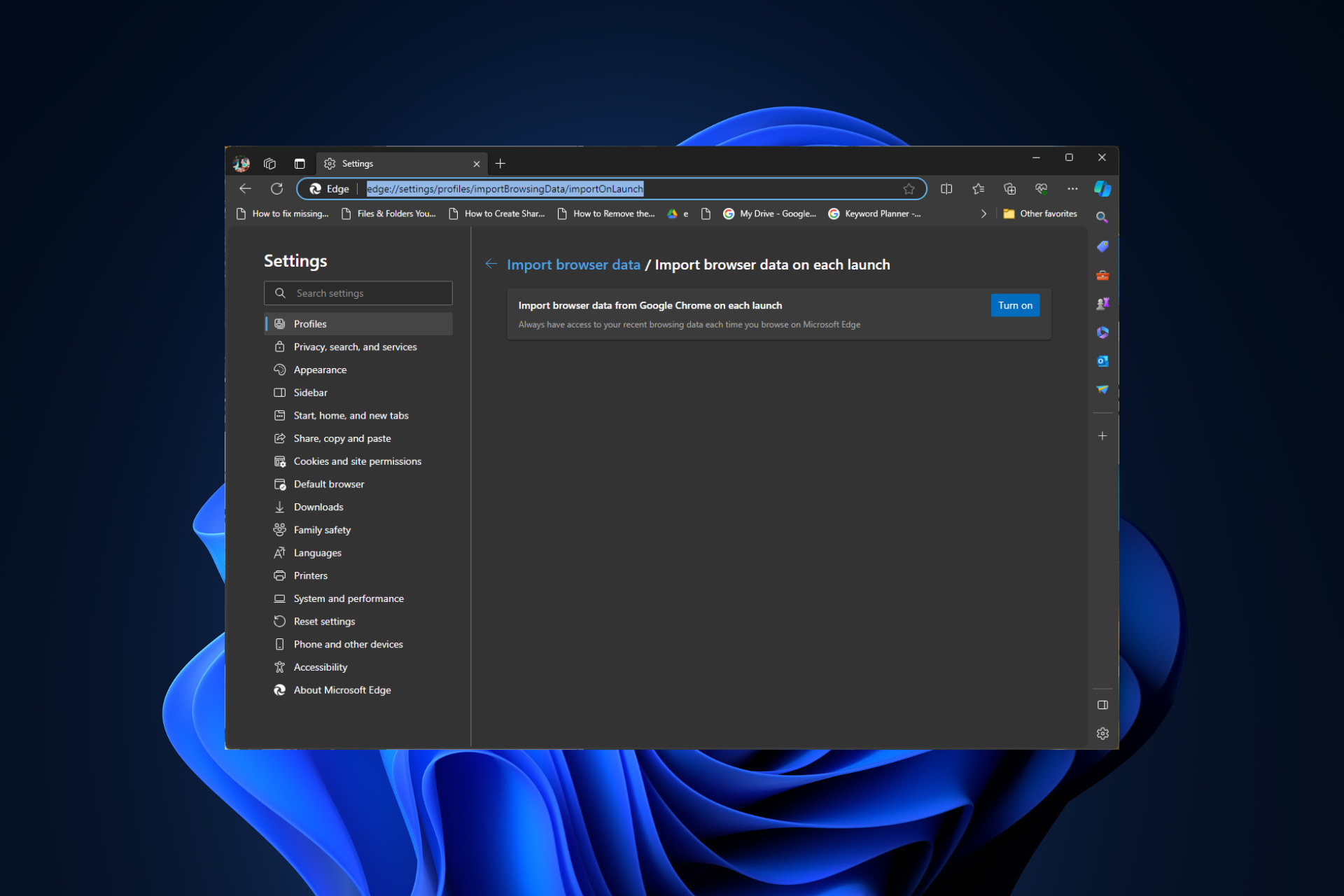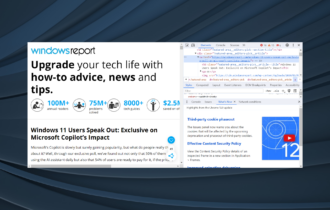Is Your Browser Using Too Much CPU?→ Fix to Make It Use Less
Ending the process is the quickest solution to high CPU usage
5 min. read
Updated on
Read our disclosure page to find out how can you help Windows Report sustain the editorial team Read more
Key notes
- If you're noticing high CPU usage while browsing, it might be the browser's fault.
- Chances are you are using either Chrome, Firefox, Edge, or Opera One, and our solutions will work regardless.
- If none of these fixes work, you should try scanning your PC for malware.
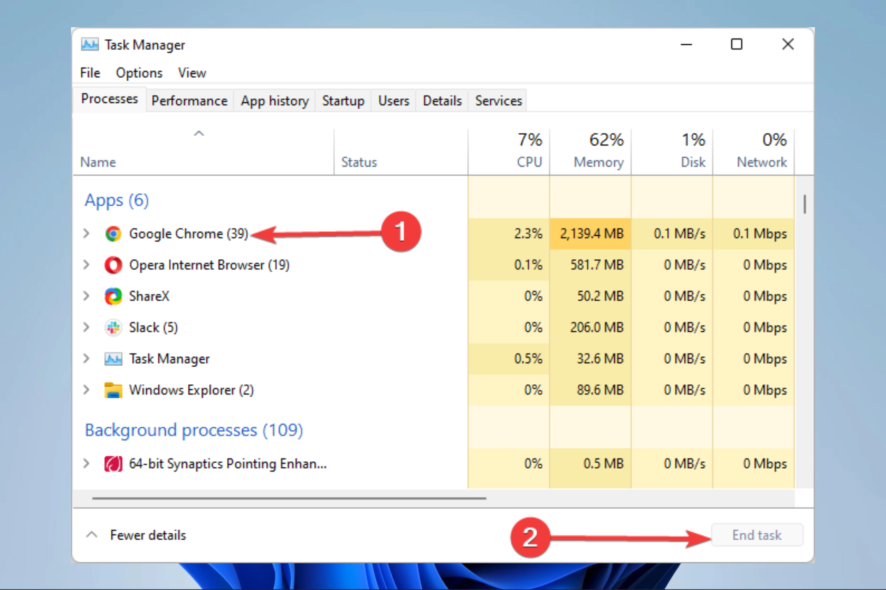
High CPU usage when browsing the internet is nothing strange in the current state of online multimedia presentation. All mainstream browsers are pretty demanding, and if you have a lackluster configuration, there’s a good chance that the CPU will hit sky-high levels.
Nonetheless, sometimes the core of the problem isn’t your overwhelmed CPU or underperforming GPU, but rather internal issues that are more browser-related.
In order to avoid seeing high CPU activity inflicted by your browser of choice, make sure to check the solutions we provided below. They should help you overcome the issue or, at least, subdue it for the time being.
Why is browser taking up so much CPU?
- Too many installed browser extensions – Multiple concurrently running extensions will easily increase your CPU usage. In fact, in some cases, it could lead to over-clocking and browser crashes.
- Several open browser tabs – This is the main cause of any browser using a significant portion of the CPU. The speed of your computer shouldn’t be impacted by having a few tabs open, but if you have about a dozen open, CPU consumption will soon increase.
- Surfing unoptimized websites – Google is continually releasing new SEO guidelines to make sure that only trustworthy, dependable websites appear in their search results. Today’s websites still include a lot of adverts, auto-play videos, and material that might take a lot of CPU power; therefore, many of them are still not very well optimized.
- High-resolution video streaming – Browsers will use more CPU power the more tabs you have open that include videos. And, CPU usage will go up for HD or 4K video streams.
How do I lower my CPU usage?
Later in this article, we will discuss fixing high CPU usage, but here are a few things you may do to lower your CPU usage:
- Visit only trusted sites with the padlock logo.
- Keep only a few tabs open at any given time
- Disable or remove any extensions you do not use
How do I fix my CPU usage on my browser?
1. Disable add-ons
1.1 How to disable add-ons in Opera One
- Launch the Opera One browser.
- Type the path below into your Address bar and hit Enter.
opera://extensions - Click on Remove to get rid of an extension, or toggle off the switch to disable an extension.
Opera One made a lot of exquisite improvements over time, and it’s a force to be reckoned with in the browser market.
It’s more than a viable solution because of the integrated VPN and AdBlocker, a well-designed interface, and optimized browsing for slow connections.
Besides this, features like the Speed Dial, keyboard shortcuts, and delaying loading of background tabs enhance the experience and CPU usage.
Opera One is a better-suited solution than the others available on the market, and the extra features incorporated in the browser make it much more worthwhile.

Opera One
Join the existing 50 million users, and see what it is like to browse at lightning-fast speeds.1.2 How to disable add-ons in Chrome
- Launch the browser.
- Click on the menu icon, select More tools, then Extensions.
- Click on Remove to get rid of any extension.
Now you should verify if you are still experiencing high CPU when browsing the internet.
2. Delete cache and cookies
2.1 How to delete Opera One data
- Launch the Opera One browser.
- Paste the path below into the Address Bar and click Enter.
opera://settings/clearBrowserData - Make sure all the checkboxes are ticked, then click the Clear data button.
- Now you should verify that the Opera One high CPU usage has disappeared.
2.2 How to delete Chrome data
- Launch the Chrome browser.
- Paste the path below into the Address bar and click Enter.
chrome://settings/clearBrowserData - Make sure all the checkboxes are ticked, then click the Clear data button.
- Now you should verify that the Chrome high CPU usage has disappeared.
Once again, you should note that for most browsers, the process of clearing cache data will be very similar to Chrome and Opera One.
3. End the browser process
- Right-click on the Start menu and select Task Manager.
- Click on the browser you have running, then click on the End task button at the bottom right.
- You may want to restart your computer after this.
If you notice browser high CPU usage on startup, you should try forcing the task to end and verify if you are still experiencing high CPU when browsing the internet.
4. Disable Hardware Acceleration
- Right-click on the Start menu and click on the Settings option.
- On the left pane, click on System, and then select Display on the right.
- Scroll down to the Related settings section and click on Graphics.
- Click on Change default graphics settings.
- Click the switch to turn off Hardware-acceleration.
Now you should verify if you are still experiencing high CPU when browsing the internet.
Does CPU affect Web browsing?
Your programs can process information more quickly when your computer has a robust and speedy CPU. The amount of work you are doing will affect how long it takes for a website to load.
This means that if you’re attempting to see an episode of your favorite program while having a lot of tabs and apps open, it could appear a bit sluggish.
Technically speaking, in these cases, your internet service provider’s download speed has not changed. For example, you may still obtain a steady 30 Mbps, but website loading times can still be lengthy.
Regardless of your browser, you should notice that the solutions discussed in this artic;e should work when your Web browser is taking up CPU. However, the UI may differ, but you can figure it out in most cases.
In some cases, browser high CPU usage is caused by malware, so we recommend you use any of the best anti-malware compatible with Windows. Malware is a likely culprit if you notice Chrome using the CPU when closed.
That should do it. If you have questions, suggestions, or alternative solutions, share them with us in the comments section below.

